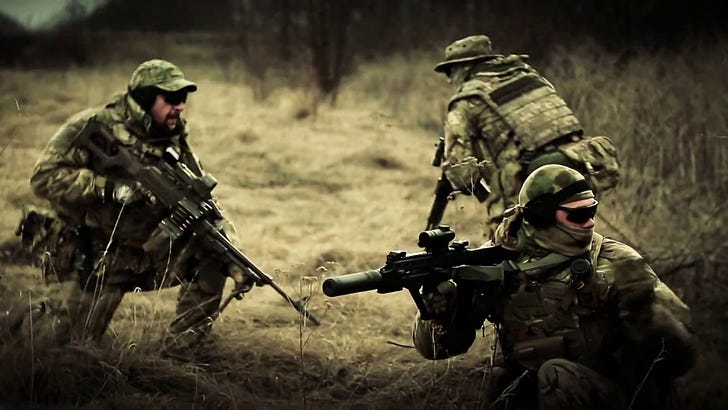The Russian invasion of Ukraine, the scenes of irretrievable loss and destruction, continues to trouble and sometimes overwhelm me. My father, who drove a tank in the Fourth Armored Division of the U.S. Army in World War II, died in summer 2020 at age 96. My dad would have much to say about the ineptness of the Russian tanks, which appear to be more poorly built, managed, and maintained than the armor of the U.S. Army 80 years ago. He and his many fellow soldiers crossed the English Channel with their tanks, landed in Brittany, liberated France and Belgium from the Nazis, fought and won the brutal Battle of the Bulge, and rolled on towards Berlin. They did not get stuck in traffic jams, run out of fuel or supplies, or indiscriminately shell civilians and civilian targets. Such dishonour would have been odious to him, and he would have been proud of the Ukrainians' skill, bravery, and motivation, the national unity against overwhelming odds. A month ago, just before the invasion, one o…
Keep reading with a 7-day free trial
Subscribe to Critical Conditions by Wayne Robins to keep reading this post and get 7 days of free access to the full post archives.



